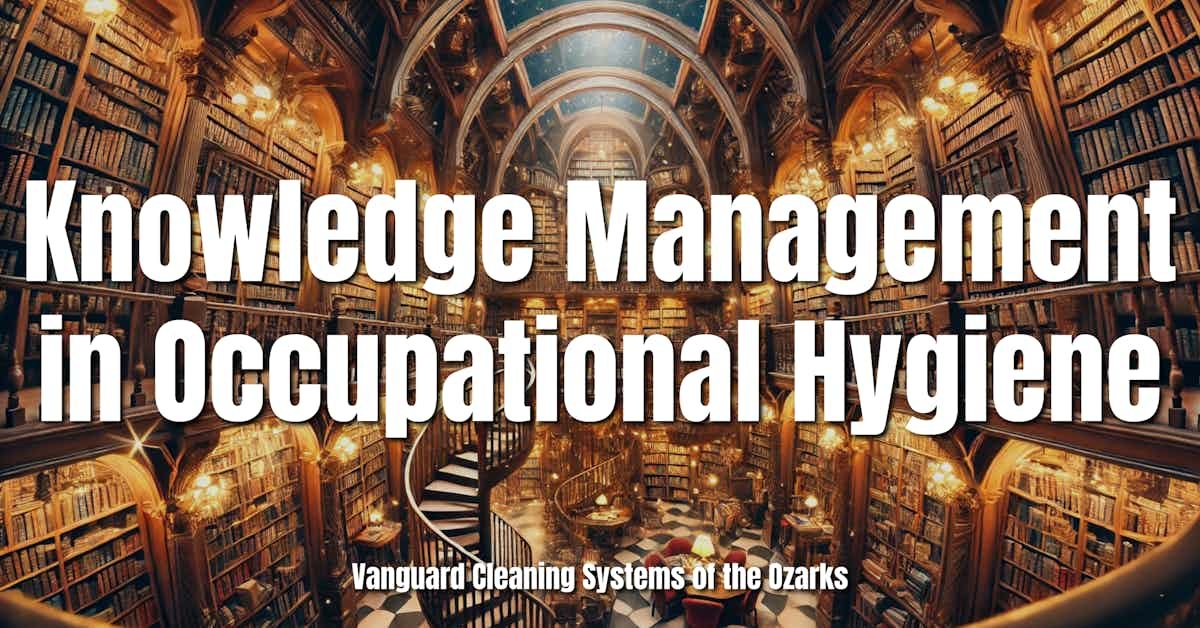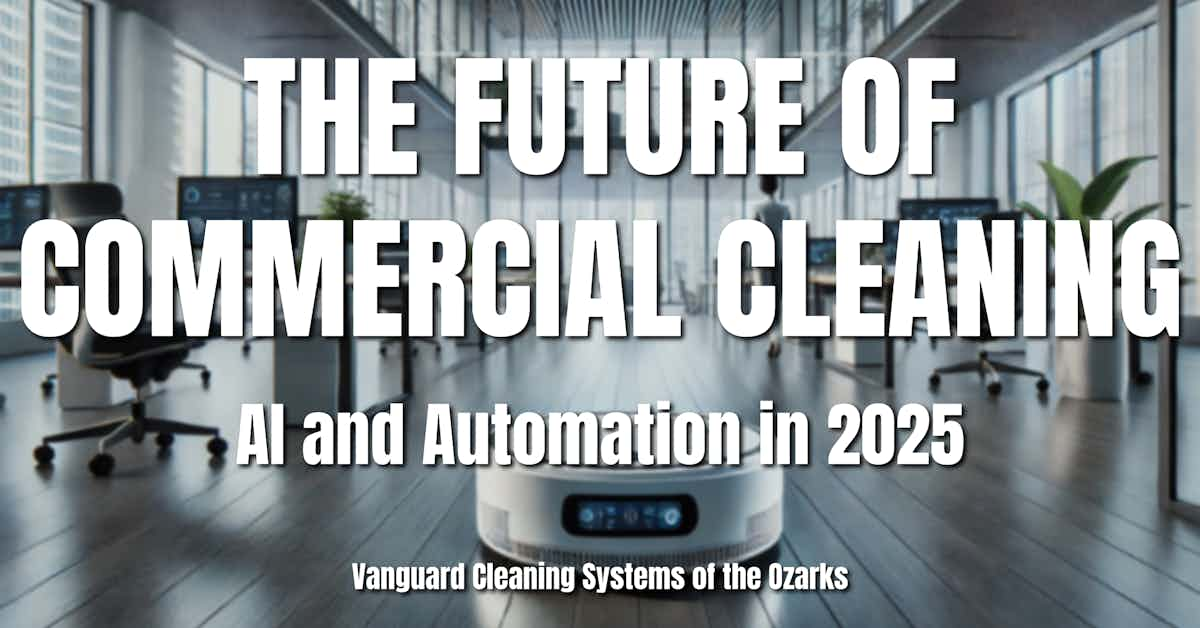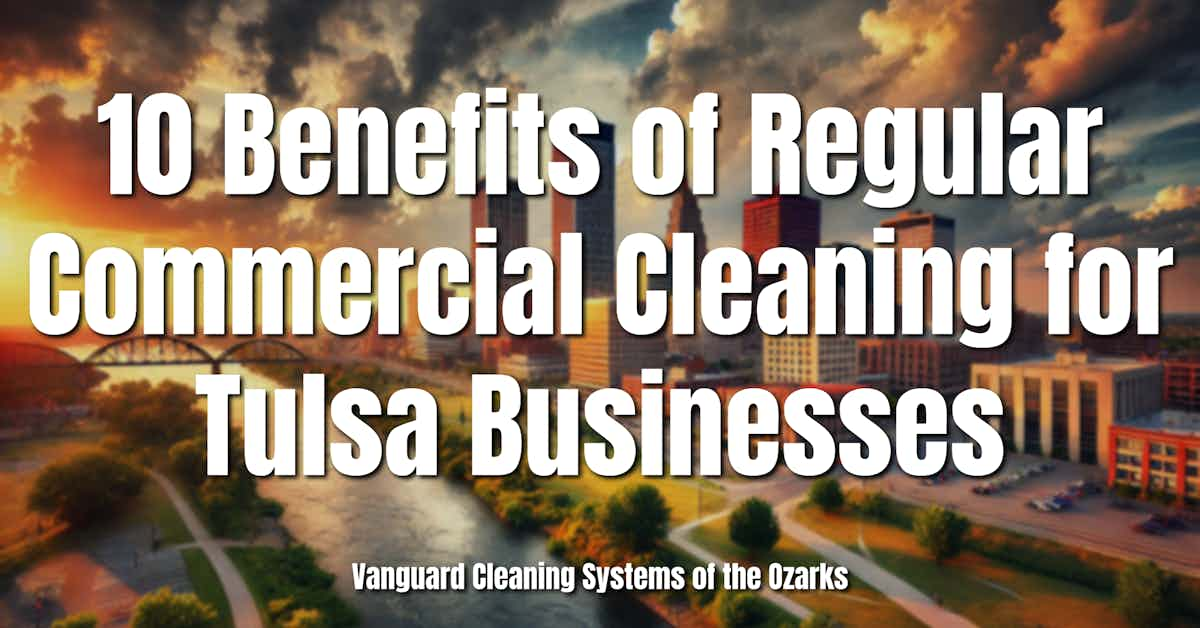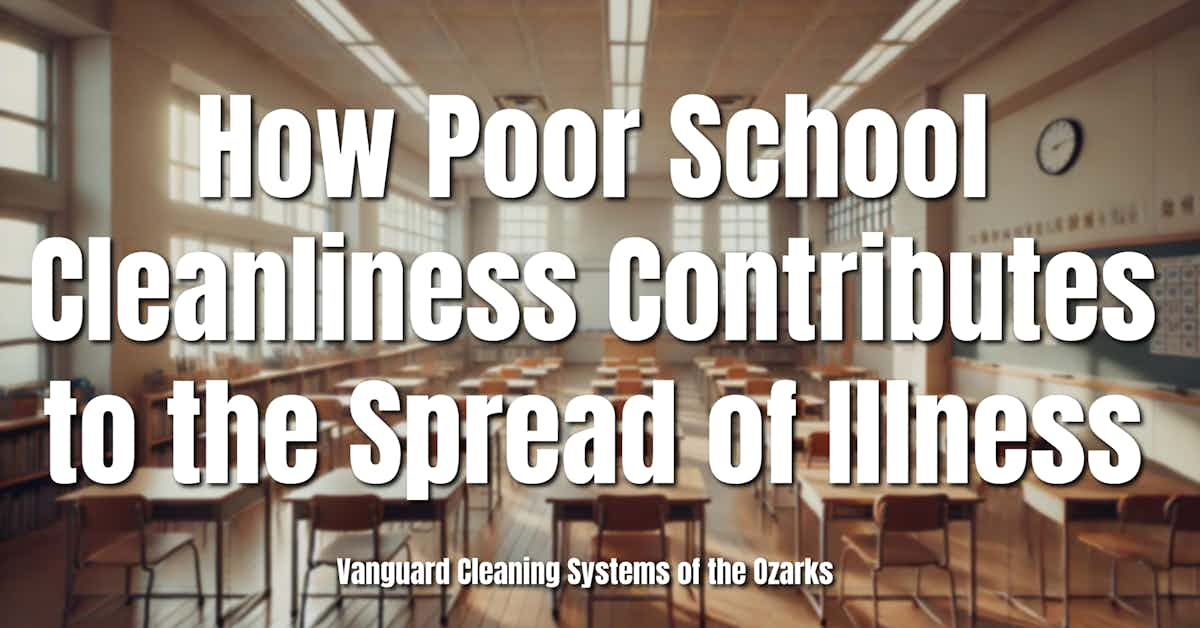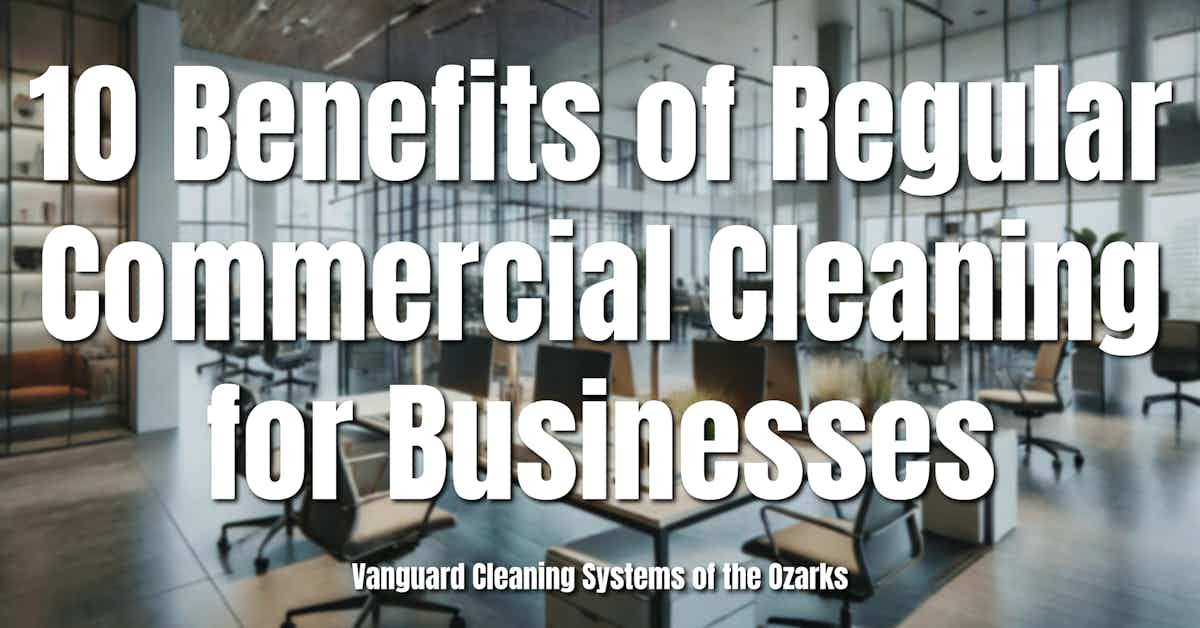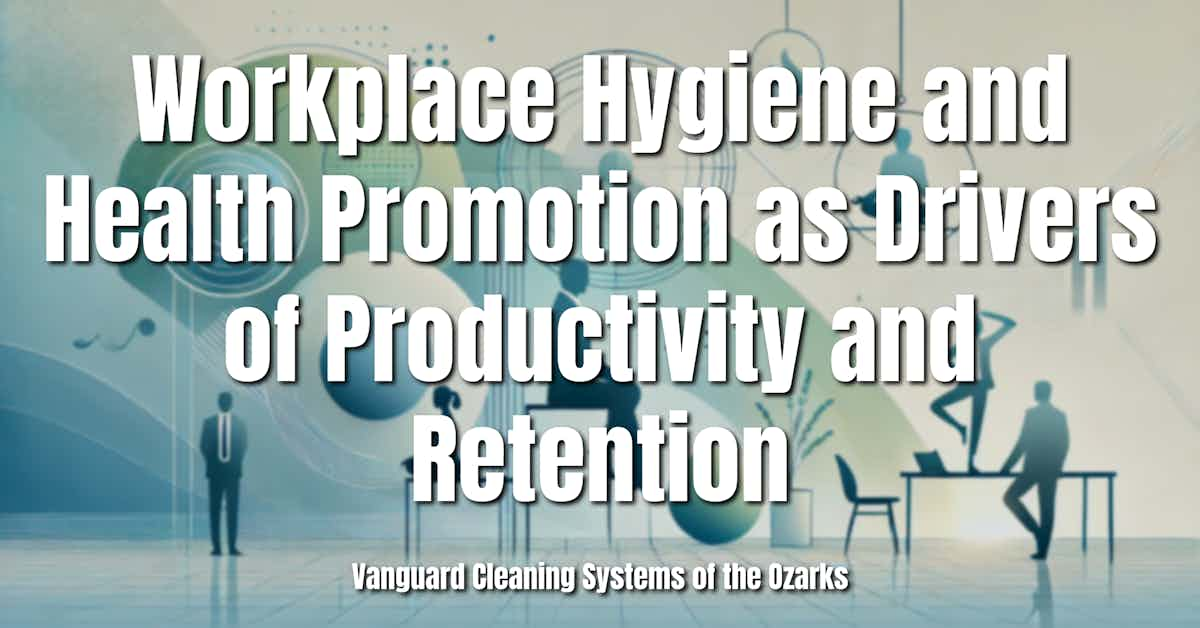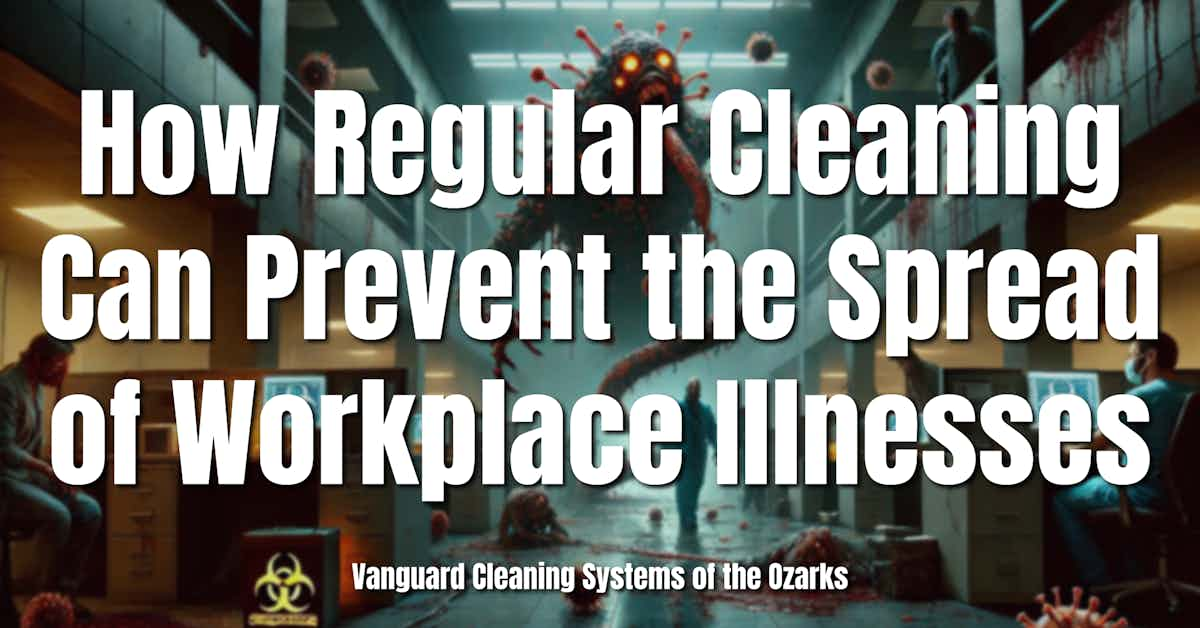Effective knowledge management in occupational hygiene is the key to preventing workplace health hazards, ensuring regulatory compliance, and safeguarding employee well-being in today’s rapidly evolving industrial environments.
What Is Knowledge Management in Occupational Hygiene?
Knowledge management (KM) in occupational hygiene refers to the systematic process of creating, sharing, utilizing, and retaining critical knowledge related to workplace health hazards.

